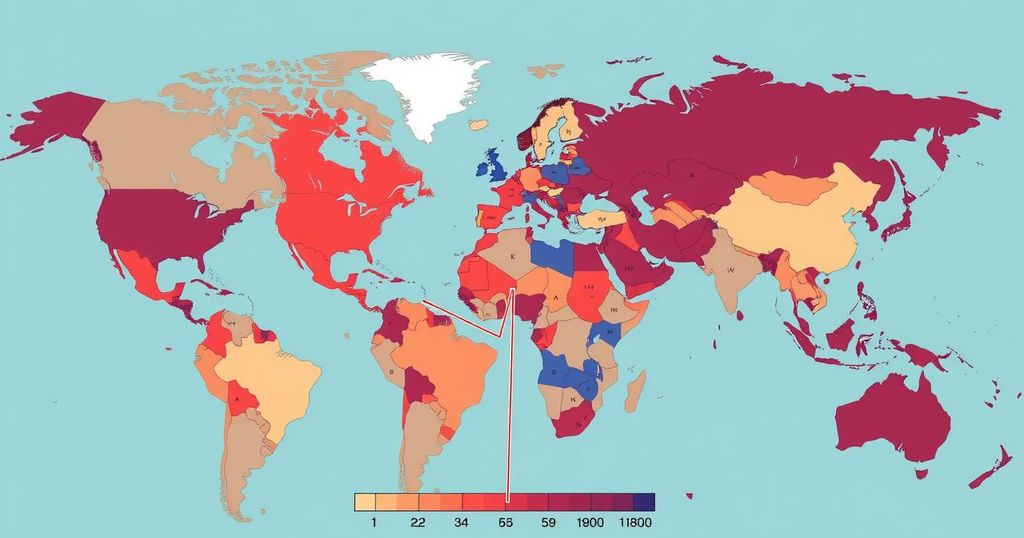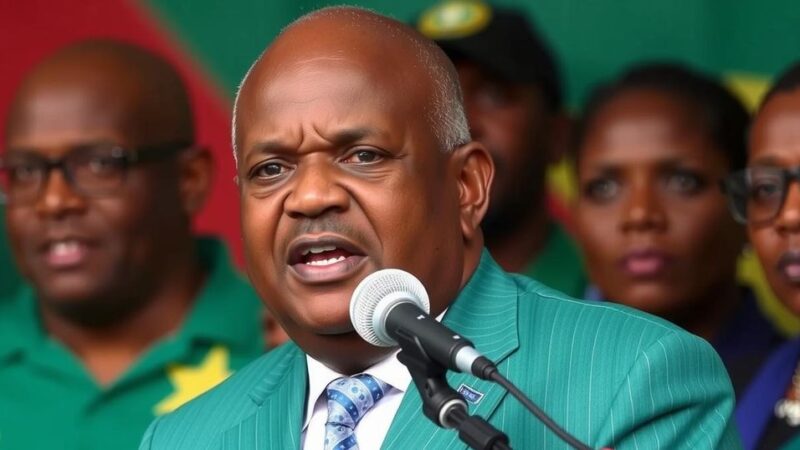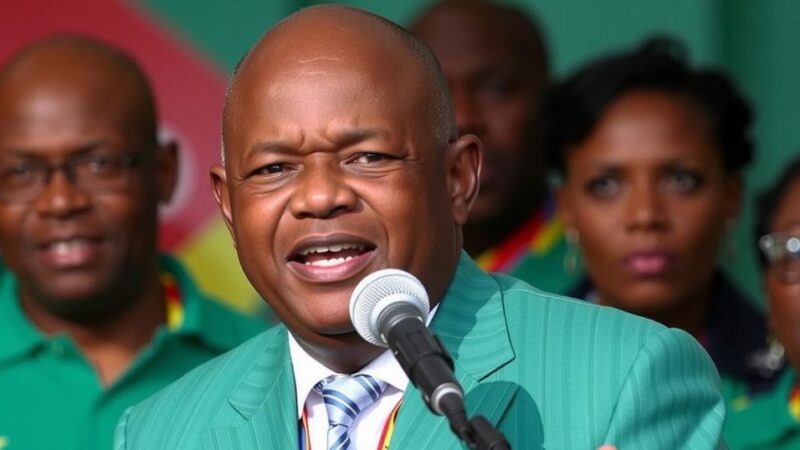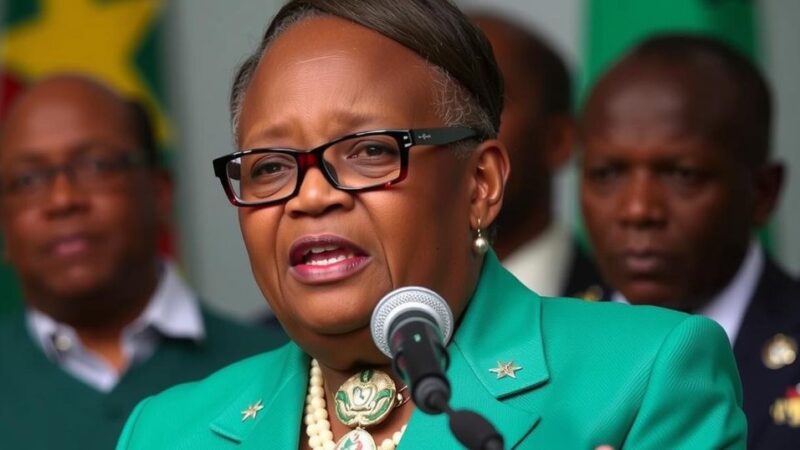2024 witnessed a tumultuous global election year with more than 80 countries voting, highlighting both the vulnerabilities and resilience of democracy. Despite decreased voter turnout in some areas and the influence of wealthy individuals in politics, notable grassroots movements emerged, signifying hope amid democratic decay. Global patterns revealed a disillusioned electorate responding to economic stress, emphasizing the need for revived democratic commitment.
In January 2024, a critical year for global democracy unfolded with elections in over 80 countries, evoking anticipation and concern. The events were marked by significant disparities: while nations like Russia faced restrictive voting conditions, nations like Senegal demonstrated a resurgence of democratic engagement. However, the trend revealed a concerning erosion of democratic norms globally, with voter apathy and challenges to election results becoming increasingly common. Notably, in the UK, turnout dwindled to historical lows, reflecting widespread disillusionment with the political process.
Amidst these challenges, instances of civic engagement emerged, exemplified by the citizens of Senegal forcing change through democratic means, as highlighted by Rachel Beatty Riedl from the Center on Global Democracy. Meanwhile, protests in Bangladesh succeeded in ousting the incumbent prime minister after a contentious election marred by violence. Despite these beacons of hope, many nations, including Venezuela and Indonesia, showcased severe weaknesses in democratic processes, leading to a pervasive sense of disenfranchisement among voters.
In 2024, a notable occurrence was the influence of billionaires in political landscapes, with figures like Elon Musk redefining the extent of financial power in elections. Concurrently, female representation in leadership positions remained alarmingly low, even as voter turnout reached new heights globally. Economically-driven voter backlash against incumbents characterized elections in developed nations, reflecting an electorate dissatisfied with perceived failures to address pressing economic concerns. The culmination of these events indicated a pivotal moment for democracy worldwide, encapsulated in the sentiment that elections should result in peaceful transitions of power: “We are incredibly lucky to live in a country where decisions like this are made not by bombs or bullets.” – Jeremy Hunt. Ultimately, 2024 revealed a complex and fluctuating state for global democracy, necessitating vigilance and renewed commitment to democratic principles.
The topic centers on the global state of democracy in 2024, marked by widespread elections amid rising authoritarianism and voter apathy. Multiple countries exhibited varying levels of electoral integrity, with significant events influencing this phenomenon, such as protests and civic engagement. The scrutiny of election processes, the role of wealth in politics, and the representation of women highlighted systemic issues that challenge democratic frameworks. The financial backing of influential figures in politics and the impact of economic distress on voter sentiment played crucial roles in shaping electoral outcomes today.
In summary, the 2024 global election landscape underscored the fragile state of democracy, with rising challenges manifesting in voter apathy, economic discontent, and autocratic governance. However, notable examples of civic engagement in Senegal and Bangladesh provide grounds for optimism. As the world navigates this complex terrain, the lessons learned from 2024 could serve as foundational elements for rebuilding and reinforcing democratic practices against the encroachment of authoritarianism and financial elitism.
Original Source: www.theguardian.com







